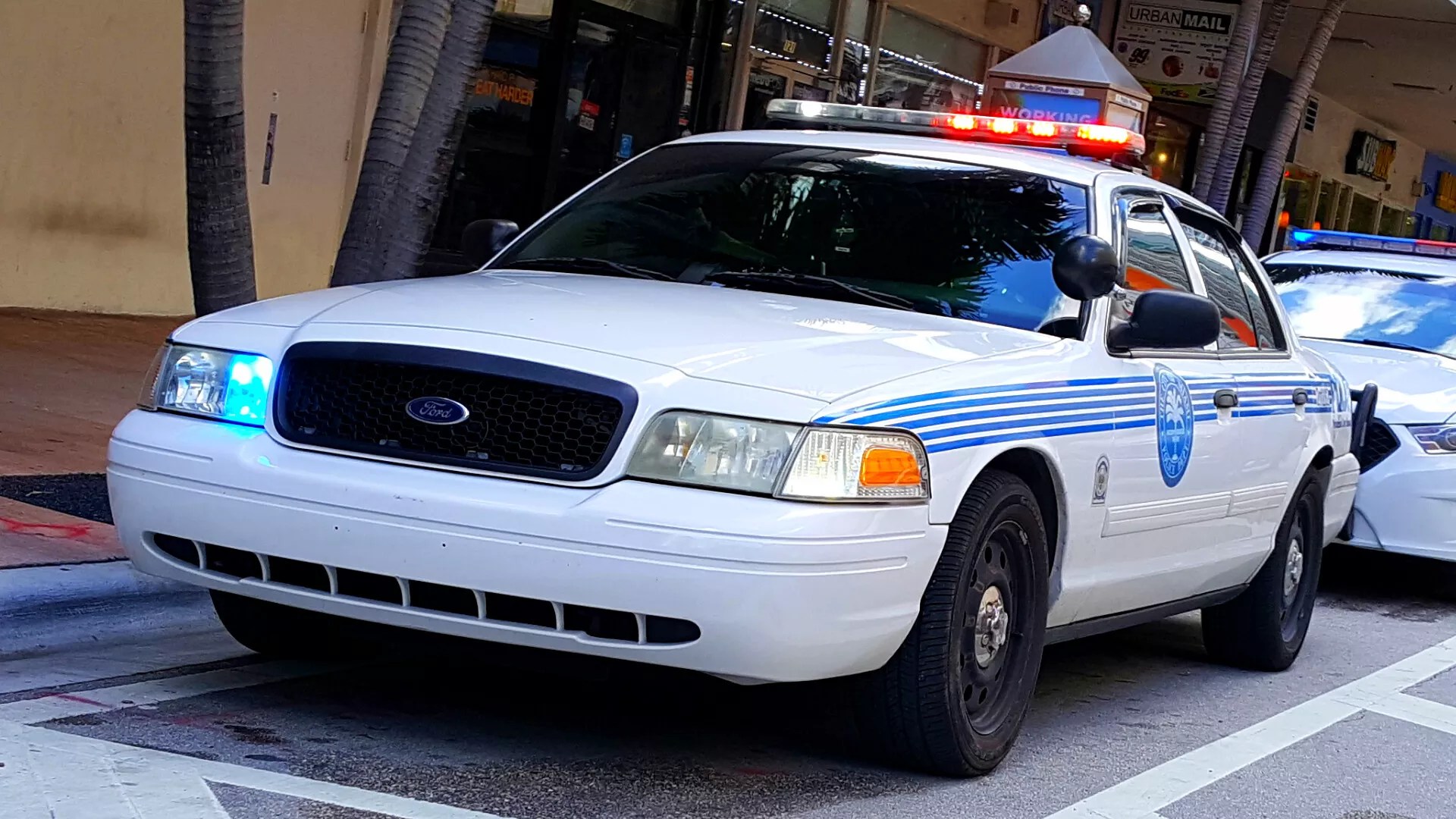
Photo by Jacob Barone

Audio By Carbonatix
A new study has found that since 2018, body-worn cameras helped double the exoneration rate of Miami Police Department (MPD) officers accused of wrongdoing as compared to their colleagues who did not have assigned cameras. At the same time, body cams have shined a light on misconduct by officers, illuminating the truth in contentious interactions between civilians and police.
After studying four years worth of police incidents, the City of Miami’s Civilian Investigative Panel (CIP) reports that body cams are an overwhelmingly positive force for MPD, but the department needs more cameras and better training.
“Body-worn camera footage is one of the best tools we have for accountability and transparency. If we don’t continue adapting the program and find best practices, it can easily fall into something that isn’t useful,” says Rodney Jacobs, interim executive director of the CIP.
The CIP is a collection of civilian volunteers who investigate complaints of police misconduct and issue recommendations to the city and the police chief based on their findings. In many investigations, the panel uses footage from body-worn cameras assigned to MPD’s patrol officers and public service aides to come to factual conclusions related to a complaint.
In their recent 2022 Body Worn Camera Report (attached at the end of this article), the panel compiled data from 254 cases involving body cams from 2018 to 2021 to determine how effectively MPD is using its nearly 800 body-worn cameras and where the department needs to make changes.
Of the 254 reviewed cases, CIP found 122 separate body-worn camera policy violations in 73 individual cases. The vast majority of these violations, 62 percent (75 out of 122), occurred in the City of Miami’s Commission District 5, which consists of predominantly Black communities.
“The people that make up the smallest demographic in your city have the most complaints and most violations against them,” Jacobs says.
Across the five districts, 31 of the complainants were Black, 20 were Hispanic, six were white, and 14 were of unknown race.
District 5, which has the largest percentage of Black residents, had five times more body-worn camera violations than the district with the next highest number of violations, District 3.
The most common violation across the department involved officers improperly muting their cameras while interacting with the public.
Officers are allowed under MPD’s departmental orders to turn off their camera audio while speaking about sensitive information or talking with their supervisors, but CIP’s analysis found that in many cases officers would not unmute their cameras after finishing their conversation with superiors.
The problem with leaving the cameras muted, Jacobs explains, is that the audio often provides key details in a police call, especially when there are complaints of an officer being discourteous.
“Video only tells one part of the story. To be able to discern what is happening in an interaction, you need the audio for all the information to come through. It can also erode public trust when an officer mutes their audio during a call,” he asserts.
The CIP recommends that MPD implement a policy so officers do not mute their cameras during “huddles” with their supervisors but allow the department’s Virtual Policing Unit to redact any sensitive information out of the recording when they review the footage before releasing it.
Other recommendations include procuring more body-worn cameras and assigning them to sergeants, as 14 percent of all civilian complaints involved sergeants, the majority of whom are not assigned body cams.
The panel also proffers that the police should offer remedial training for officers who repeatedly violate body-worn camera policy.
Automatic activation of nearby body-worn cameras when an officer discharges a taser or draws a firearm would be helpful as well, the CIP says.
Jacobs says that MPD already received the report a week in advance, and commissioners will have it sent to them by next week. As this is the first study of its kind since MPD started using cameras in 2016, he hopes it will serve as a foundational analysis to help the city improve police practices